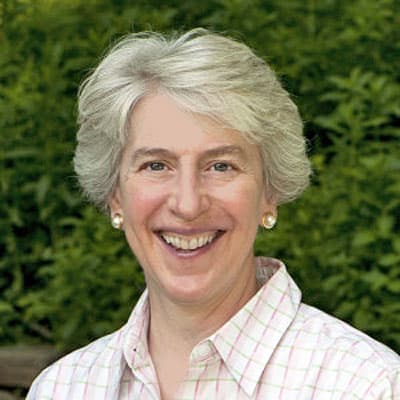By Alison Clarkson
So much is happening at the Statehouse. Bills are beginning to be passed out of committees at a rapid pace, a new set of pages have arrived, the Budget Adjustment Act is poised for a final vote in the Senate and will probably got to a conference committee, and the building is alive with school groups visiting, public hearings and Farmer’s Night on Wednesday evenings. For five months, January through May, the Statehouse is the center of a great deal of activity. If you are interested in seeing your Legislature in action, now is the time to visit – Tuesday through Friday.
On a tri-partisan vote of support, the Senate passed on to the House a bill, S. 3, which prohibits paramilitary training camps. Sadly, after the insurrection attempt in Washington, D.C. on Jan.6, 2021 and Vermont’s experience with Slate Ridge in West Pawlet, we are all more attuned to the increase in fringe paramilitary activities around the country and in our state. With Slate Ridge, it became apparent that Vermont had inadequate enforcement authority to close this unpermitted paramilitary training facility, which was terrifying its neighbors and flaunting our development laws. Senate President Pro Tem Philip Baruth said that this bill will give Vermont “the authority it needs to protect Vermonters from fringe actors looking to create civil disorder.” The bill not only makes it a crime to operate one of these facilities, it also allows state prosecutors to seek an injunction to shut a paramilitary camp down. It exempts legitimate training courses like hunter safety, law enforcement, firearm safety and National Guard programs.
Senate Government Operations, my afternoon committee, has several interesting bills in the works. These range from a proposal to adopt Rank Choice Voting (S.32) for our next presidential primary in 2024, to amending the Vermont constitution to require qualifications be set for sheriffs (currently they are not required to be a law enforcement officer), to updating legislative compensation, to a comprehensive re-design of our dispatch system. This committee’s wide jurisdiction guarantees we will be discussing something which will have impact on our lives.
Rank choice voting (RCV) is an election method which allows voters to rank candidates in order of their preference (first, second, third choice etc). Currently, we use plurality voting, a method designed to select one candidate out of many (even if the winning candidate gets less than a majority of the votes). With RCV, if a candidate receives more than 50% of the first choices – they win. However, if no one wins 50% – the candidate with the fewest votes is eliminated and then there is a run-off between the remaining candidates. The voters who ranked the eliminated candidate as their first choice will have their votes count for their next choice. For this reason, no one’s vote is wasted – every vote counts.
Over 50 jurisdictions (cities and states) around the country use RCV. Burlington uses it for its city council elections. Many people feel RCV will make our democracy more robust – by giving voters more choices and reducing the negativity in elections. With RCV, a candidate can’t afford to alienate voters. If you aren’t a voter’s first choice, you want to be their second or third. A winner under the RCV method is a winner who enjoys the support of the majority.
I appreciate hearing from you. I can be reached by email: [email protected] or by phone at the Statehouse (Tues-Fri) 802-828-2228 or at home (Sat-Mon) 802- 457-4627. To get more information on the Vermont Legislature, and the bills which have been proposed and passed, visit the legislative website: legislature.vermont.gov




